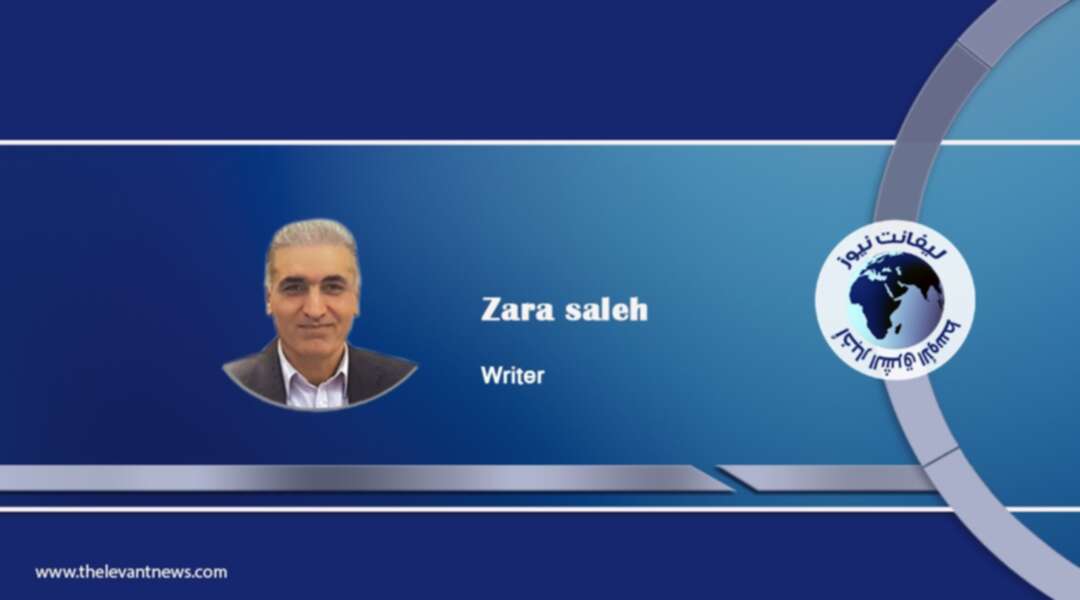-
The reasons behind Russia’s critics on Assad regime

Recently, the pro-Putin media has been sharply criticized Syria’s Assad regime. The Federal News Agency that owned by the famous Russian businessman Yevgeny Pregozhin who is well known as the ‘Kremlin Cooker and Putin’s chef’ and he is very close to the Russian president Putin, has called Bashar Al-Assad ‘weak’ and cannot control the country as he also ‘did not own the situation’.
Yevgeny Pregozhin is well-known also as the owner of the private security Wagner group that has been in a military mission in Syria and Libya. The Syrian government was under unsurprising critics by the ‘Putin’s chef’ agency which accused Assad’s regime of corruption at the highest levels. Moreover, several reports in Russian newspapers focused on the weakness and corruption of Assad’s family as well. For example, the media has been published a story of buying Assad for his wife a portray at an auction in London that cost $30 million while most of the Syrian people are living in poverty.
The recent scandals about Assad’s family and his wife Asmaa and the media critics can be understood as Russia’s plan, and the Asmaa Al-Assad scandal came after Moscow’s green light. However, the new Russian media attacks on Assad’s regime perhaps addressed several messages that directed to the Assad’s family and regime by Moscow after five years of its military intervention in Syria.
Obviously, the economical tension between the Assad family lead by his wife Asmaa and his cousin Rami Makhlouf was behind the last scandals. The two families are dividing the Syrian economy and cake, and recently the first lady Asmaa Al-Assad had put hands on Makhlouf’s investments such as Bustan Charitable Society, Syriatel and MTN mobile companies. Whereas, Makhlouf’s revenge was through exposing Assad’s luxuries and other investment scandals that published by the Russian media as a political message to Bashar Al-Assad.
Simultaneously, the current visit of Iranian Foreign Affairs Minister Mohammad Javad Zarif to Damascus has been expressed as political and military support again to the Syrian regime after recent Moscow’s attacks on Assad. However, Iran was not satisfied with the latest agreement on March 5th between Putin-Erdogan regarding the situation in Idlib North Syria, and even Iran had pushed Assad’s forces with mainly Hezbullah and Shia militia to carry out the fight in de-escalation areas.
On the other hand, after Russia-Turkey’s agreement on the 5th of March followed the Sochi agreement, the Russian Defence Minister Sergey Shoygu had a short visit to Syria and had a meeting with the president Assad to ensure the implementation of the agreement that has been broken several times. As a result, Russian military success in favor of Assad’s regime has significant progress since the beginning of its military intervention in the Syrian conflict. The Syrian government now controlling more than 70% of the territories while it was about 20% before the Russian intervention in 2015. With the military success, Putin now endeavors to reach a political agreement in favor of its political and economic interests before the start of American sanctions against Assad’s regime.
In July 2020, the US Caesar Act, well-known as the US Caesar Syria Civilian Protection Act will begin to take place in Syria against the Assad’s regime and it will affect its supporters such as Russia and Iran. Simultaneously with the global economic crisis due to the Coronavirus Covid-19 pandemic outbreak. That is why Moscow wants very soon to end the violence in Idlib North Syria by the last agreement with Turkey then, it might face the postponed battle with Iran and its huge influence and military presence in Syria.
Consequently, Russia’s intervention since 2015 in the Syrian conflict has to affect Moscow’s economy as well and now after more than nine years of the conflict, Russia wants to ensure their interests by taking a neo-colonial relationship with the Syrian regime. it can be seen, for Kremlin, Syria as a strategic geopolitical country in the Middle East.
By Zara Saleh
Tags
You May Also Like
Popular Posts
Caricature
BENEFIT Sponsors BuildHer...
- April 23, 2025
BENEFIT, the Kingdom’s innovator and leading company in Fintech and electronic financial transactions service, has sponsored the BuildHer CityHack 2025 Hackathon, a two-day event spearheaded by the College of Engineering and Technology at the Royal University for Women (RUW).
Aimed at secondary school students, the event brought together a distinguished group of academic professionals and technology experts to mentor and inspire young participants.
More than 100 high school students from across the Kingdom of Bahrain took part in the hackathon, which featured an intensive programme of training workshops and hands-on sessions. These activities were tailored to enhance participants’ critical thinking, collaborative problem-solving, and team-building capabilities, while also encouraging the development of practical and sustainable solutions to contemporary challenges using modern technological tools.
BENEFIT’s Chief Executive Mr. Abdulwahed AlJanahi, commented: “Our support for this educational hackathon reflects our long-term strategic vision to nurture the talents of emerging national youth and empower the next generation of accomplished female leaders in technology. By fostering creativity and innovation, we aim to contribute meaningfully to Bahrain’s comprehensive development goals and align with the aspirations outlined in the Kingdom’s Vision 2030—an ambition in which BENEFIT plays a central role.”
Professor Riyadh Yousif Hamzah, President of the Royal University for Women, commented: “This initiative reflects our commitment to advancing women in STEM fields. We're cultivating a generation of creative, solution-driven female leaders who will drive national development. Our partnership with BENEFIT exemplifies the powerful synergy between academia and private sector in supporting educational innovation.”
Hanan Abdulla Hasan, Senior Manager, PR & Communication at BENEFIT, said: “We are honoured to collaborate with RUW in supporting this remarkable technology-focused event. It highlights our commitment to social responsibility, and our ongoing efforts to enhance the digital and innovation capabilities of young Bahraini women and foster their ability to harness technological tools in the service of a smarter, more sustainable future.”
For his part, Dr. Humam ElAgha, Acting Dean of the College of Engineering and Technology at the University, said: “BuildHer CityHack 2025 embodies our hands-on approach to education. By tackling real-world problems through creative thinking and sustainable solutions, we're preparing women to thrive in the knowledge economy – a cornerstone of the University's vision.”
opinion
Report
ads
Newsletter
Subscribe to our mailing list to get the new updates!




















